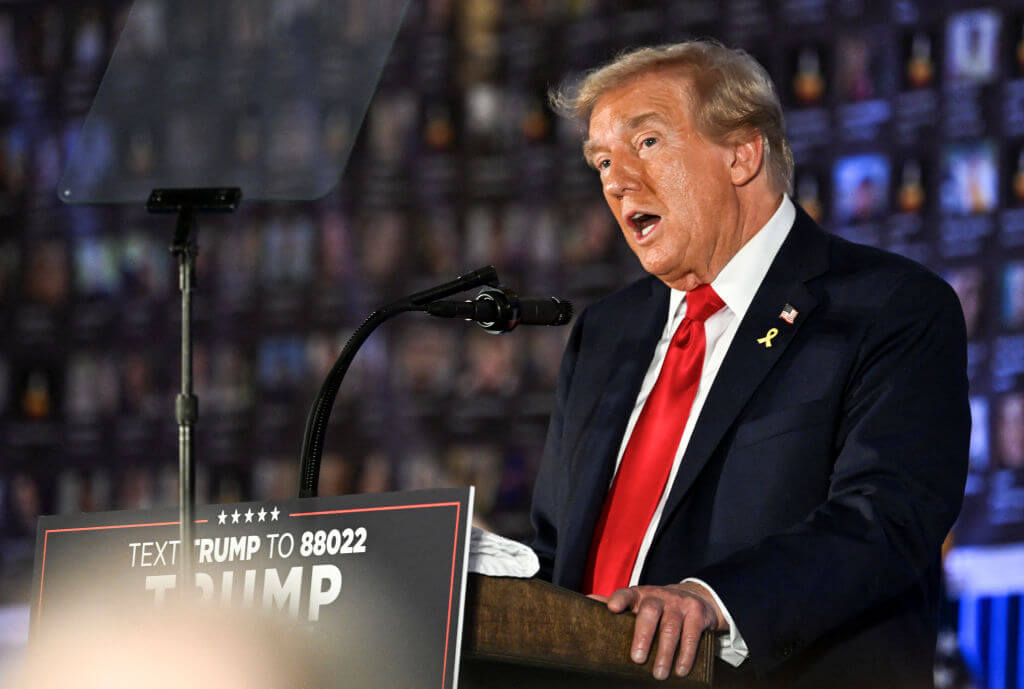Who Is the Man on the White Horse?
Will the opening years of the 21st century be recorded in history as the time when the famous Four Horsemen of the Apocalypse made their awesome appearance on earth?
The Four Horsemen appeared in a revelation to John that is recorded in the closing book of the New Testament. There are also repeated references to the Four Horsemen in world literature, yet little note is given to exactly what they were. The key to their identity is revealed, however, by the color of the horses they rode.
One rode a red horse, and he, appropriately, was war. Another rode a black horse, and he was famine. A third rode a pale horse, and he was death. A fourth rode a white horse, and he represented salvation — the coming of a messiah in whatever form.
In many ways, we, in our time, may be reenacting the vision of John. War is with us. Famine is with us not only in our declining American and world economy but also in our exhaustion of the environment on which we live — especially as global warming continues. Death is with us not simply because of war and famine but also because of a potential repetition of the bubonic plague that wiped out about half the population of the earth. This time the threat comes in the form of a highly contagious form of pneumonia for which we do not yet have a cure: SARS, an acronym for severe acute respiratory syndrome.
Just who or what will be the figure on the white horse? Who will, at this maddening moment in the life of humans on earth, turn things around and once more bring order out of chaos?
At such moments, people in despair turn to prayer. But the maxim says, “God helps those who help themselves.” So, what is it that we can individually and collectively do to help ourselves and, hopefully, thus earn God’s intervention? To pose the question is to suggest the answer. It implies that we, the people, are, or should be, our own messiah. We call it democracy.
There are those gathered around our president who hold that the ousting of Saddam Hussein and the establishment of democracy in Iraq will inspire the rest of the Middle East to go democratic. They see in the White House the man on the white horse.
There are others who see the process in a perverse way — with pluses resulting from minuses. They envision an Armageddon, arising from a clash between the Islamic and the Western worlds that will depopulate our presently overcrowded earth. The consequence would be to relieve pressure on the earth’s resources and, as after the bubonic plague, lift wages and working conditions for workers who would be in short supply.
Some see chaos as part of the process of Darwin’s natural selection. “Mother Nature” will see to it that the fittest will survive and, hence, the progeny of the survivors will indeed be a superior race of humans able to cope with the deadly disorders of the day and create a world closer to the heart’s desire.
Such thoughts ought to lift our spirits, provided that we and our personal progeny are not among those whom nature — or God — decrees should not survive.
In any case, our present condition gives meaning to the Chinese curse “May you live in interesting times.”
A message from our CEO & publisher Rachel Fishman Feddersen

I hope you appreciated this article. Before you go, I’d like to ask you to please support the Forward’s award-winning, nonprofit journalism during this critical time.
We’ve set a goal to raise $260,000 by December 31. That’s an ambitious goal, but one that will give us the resources we need to invest in the high quality news, opinion, analysis and cultural coverage that isn’t available anywhere else.
If you feel inspired to make an impact, now is the time to give something back. Join us as a member at your most generous level.
— Rachel Fishman Feddersen, Publisher and CEO























